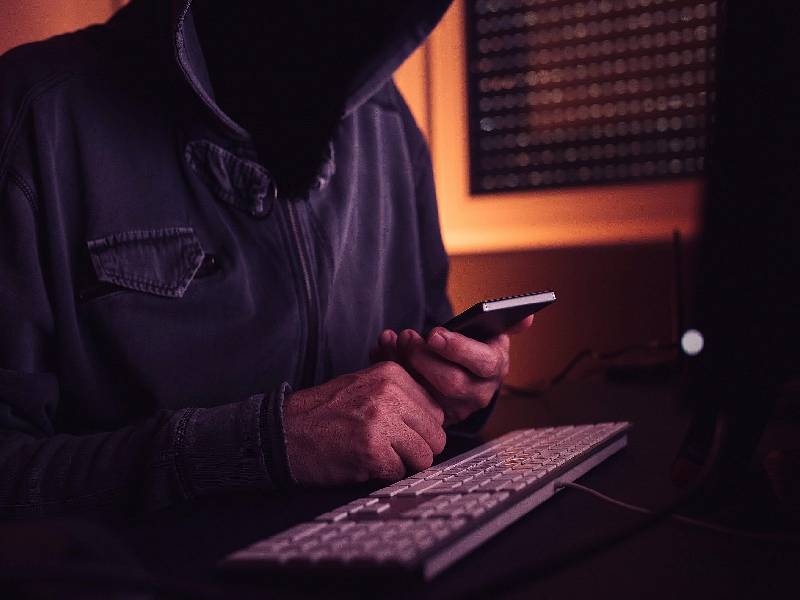Beware of cyber fraudsters posing as friend, demanding money for 'medical emergency'
By Newsmeter Network
Hyderabad: On 2 July, a woman from Nizampet received a message from one Mr. Anthony, a Facebook friend. He said his grandmother fell down and suffered serious injuries. She was hospitalised in Delhi. He requested some money. Later, she received calls from "Dr. Rajesh" from Delhi who confirmed that Mr. Anthony's grandmother had indeed been admitted to the hospital. The woman believed him and transferred Rs. 85,000 into the man's account. Later, she realised her Facebook friend had cheated her.
In another case, a resident of Kothaguda received a message on WhatsApp from a number (+6583142730) on 12 June. The display photo showed a photograph of his friend Chakravarthi who is in the US. 'Chakravarthi' said his mother was hospitalised and he needed money urgently for her treatment. Believing him, the Kothaguda man transferred Rs. 75,000 into two different accounts. He later realised that he had been cheated.
The cybercrime police station in Cyberabad has received several such complaints during the COVID-19 pandemic. Fraudsters ask for money through emails and WhatsApp and Facebook messages claiming medical emergencies.
In view of such increasing instances, the cybercrime police have released an advisory warning people to enable privacy settings on their Facebook account. Do not post your mobile numbers openly, as fraudsters can misuse them, the advisory warned. People should not open suspicious emails, as it may contain malware. It is advised to have two-factor authentications for emails and access emails from your own device, it said.
It also warned people against paying the amounts immediately after receiving the email or message from friends. It is better to cross-check with the concerned friends before paying the money. "Do not believe the emails or messages received on WhatsApp, when received in the name of a medical emergency or for any other cause in the name of friends, unless verified," the advisory stated.
A cop in the cybercrime wing said, “The cyber fraudsters are collecting mobile numbers and email ids of people through social media. They check the compromised email addresses and send emails to those on the friends list. They request the friends to send money by claiming some kind of medical emergency in the family. They are now sending messages on Facebook and WhatsApp and asking for money in the name of medical emergencies."